By Liu Xu from CNS
Park Jae Woo is the first Korean chair professor of literature in China's Chang Jiang Scholars Program. He is also a researcher at the Institute for Advanced Studies in Humanities and Social Sciences of Shaanxi Normal University in China. Besides, he is President of the International Society of Lu Xun Studies and Korean editor-in-chief of the Contemporary Korea journal of the Chinese Academy of Social Sciences. His books include A Comparative Study of the Records of the Grand Historian and the Book of Han, Essays on the Study of Lu Xun in Korea, A General Examination of Korean-themed Novels in 20th-Century and A Study on Contemporary Chinese Literature.
South Korea's first introduction to Lu Xun came in the 1920s and over the past century; despite various social changes, Lu Xun studies have remained uninterrupted, becoming deeply associated with the country's own historical and political developments. Some scholars say South Korea is one of the countries where Lu Xun has been read the most and most profoundly. Why does the man regarded as the founder of modern Chinese literature have such deep influence in South Korea? What makes his work resonate with Koreans?
Park Jae Woo traces the history and significance of Lu Xun Studies in South Korea and talks about how to boost cultural exchanges between his country and China.
CNS: What inspired you to study Lu Xun? What is your favorite book by him?
Park Jae Woo: In the early 1970s, I studied at the Department of Chinese Language and Literature of Seoul National University. At that time, South Korea was under a military dictatorship that had replaced the constitution with a new one, the Yushin or Restoration Constitution, to assume absolute power, and the result was social and economic monopoly and corruption. It was at this time that I became acquainted with Lu Xun's writing. I was asked to write an article on his literary thought for my school newspaper and while writing it, Lu Xun's image as a "spiritual warrior" touched me and resonated with me. It became a turning point in my life.
Lu Xun was also the subject of my undergraduate thesis. Later, while studying in Taiwan, I explored (ancient Chinese historian) Sima Qian's Records of the Grand Historian, a literary classic that Lu Xun admired. After I got my PhD, I continued research on Lu Xun literature, contemporary Chinese literature, and comparative Korean and Chinese literature. In 2011, I co-founded the International Society of Lu Xun Studies in Shaoxing, Lu Xun's hometown, with some of my international colleagues and friends who had also studied Lu Xun. I started studying classical Chinese literature because of Lu Xun, and I learned to read classical Chinese. Now, I have returned once again to studying Lu Xun's work. I feel as if I can have a heart-to-heart communication with Lu Xun through his writing and I am very happy about that.
Among Lu Xun's work, the book that resonates most with me is Hometown, an autobiographical novel that talks about rural life. The countryside in Lu Xun's writing is very similar to my hometown, Geumsan. Just like Xunge, the protagonist of the novel, I grew up in the countryside, and then went to school in a big city. I also had childhood playmates like Xun's 12-year-old friend Runtu, and some of them still live in the countryside. The scene in Hometown where Xunge catches birds in the snow is my own childhood experience. There is a part describing his mother's state of mind when she sells her big house in order to move to Beijing. It is a very familiar feeling to me. I saw the same expression on my mother's face. I concur with his observations on the problems in rural societies and the negative effects of feudal customs.
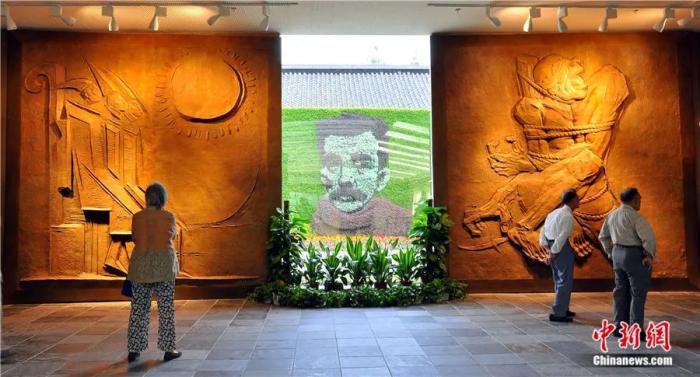
CNS: What kind of influence does Lu Xun have in South Korea? How do Korean readers know about him?
Park Jae Woo: It's been more than a century since Lu Xun first came to be known in Korea in early 1921. Since then, he's been popularized in six phases. The first phase was from 1921 to 1945, when both Korea and China were invaded and occupied by imperial Japan. A few people translated some of Lu Xun's works but only a handful of intellectuals who had studied in Beijing or Shanghai knew of him. One of them was Yi Yuksa, the Korean poet and a dedicated independence activist. When Lu Xun died in 1936, Yi Yuksa wrote a condolence letter, expressing solidarity and support for Lu Xun's way of thinking. The second phase was from 1945 to 1950, when Lu Xun's writing first appeared on the Korean Peninsula. It was the time when South Korea went through U.S. military administration and then the administration of Syngman Rhee, South Korea's first president, looked for a new path of development and international progressive ideas were introduced into the country. A selection of Lu Xun's short stories was published in Korean for the first time, and the Seoul National University held a speech event on the 11th anniversary of Lu Xun's death. It was a rare commemoration event outside China. The drama society of Korea University staged a play adapted from Lu Xun's novella The True Story of Ah Q, which was another rare performance outside China.
The third phase was from the Korean War (between North and South Korea, which started in 1950 and froze three years later when an armistice was signed) to 1979. More of Lu Xun's short stories from two anthologies, Call to Arms and Wandering, were translated and published in South Korea in 1963. From 1974, there were more translations, and studies on Lu Xun began to appear in the South Korean academia.
The fourth stage was the 1980s. It was when reform and opening up kicked off in China and South Korea too began to undergo changes, witnessing remarkable economic growth. Around 1987, more essays by Lu Xun were translated. Lu Xun had a significant influence on South Korea's democratization movement. Lee Young-hee, a leading intellectual and social activist of the time, was instrumental in introducing Lu Xun to South Korean intellectuals and students, and Lu Xun's influence continued to grow. Lee would often quote Lu Xun to highlight and criticize South Korea's political and social problems and became known as the "Korean Lu Xun."
The fifth phase occurred in the 1990s when there was a growing number of doctoral dissertations on Lu Xun's work.
Thus, Lu Xun had a continuous yet different influence throughout different historical stages in South Korea, bringing hope to the people. The intellectuals empathized with Lu Xun's writing, while the young people were encouraged and inspired. Eventually, these young people grew up to become leaders of the Korean democratization movement.
The twenty-first century is the sixth phase. In this period, we are sitting quietly at our desks and doing research on Lu Xun, compared to the enthusiasm for him in the past. The most important achievement in the past 20 years has been the publication of The Complete Works of Lu Xun in Korean in 20 volumes. It is the second overseas edition. A 10-volume Korean edition of A Selection of Chinese Studies on Lu Xun has become a major reference for Korean scholars.
CNS: How do young Koreans learn about Lu Xun? And in today's modern era, what can we learn from Lu Xun's thoughts?
Park Jae Woo: In South Korea, the college entrance exam has a segment for which students have to know about the classics in world literature. As Lu Xun is one of the most influential figures of modern Chinese literature, his works such as The True Story of Ah Q and Hometown were once included in South Korean textbooks and are likely to feature in the exam. So today's Korean students who go to high school have heard of Lu Xun. They also know Ah Q and often use the expression "spiritual victories" from the novella. The media often uses this Lu Xun quote in Hometown: "There was never a road, but when many people walk on it, the road comes into existence."
The study of Lu Xun in South Korea today is different from what it was during the Japanese occupation and the military administration. But despite a milder voice today, we can still learn from Lu Xun's critical spirit. His critique holds up a mirror not only to one's own self and others, but also to the society and the nation.
Some Korean scholars do not think of Lu Xun as a foreign writer. They feel he is close to our lives. Certain scenes from Lu Xun's works are reflections of our own life. We also reinterpret his writing to help us find solutions to the problems we face. In other words, we reinterpret his work to help us think about how to resolve the real social and mental issues in today's South Korea.
For example, we reinterpret Ah Q and his "spiritual victory" from the Korean perspective. Although Ah Q is a typical Chinese peasant living during the 1911 Revolution, his "law of spiritual victory" embodies a sense of the universality of human beings. South Korea too has its Ah Qs and we have discussions on how to transform from being Ah Q to becoming the master of our own destiny. However, in today's complex society, there are two opposing interpretations of "spiritual victory." Some people think it is self-hypnosis or self-anesthesia; some view it as a mental health tactic for self-protection for the weaker side in a relationship.
CNS: China and South Korea celebrated the 30th anniversary of their diplomatic ties in 2022. How do you see the role of cultural exchanges in enhancing the bilateral relationship? What efforts can be made to promote cultural exchanges?
Park Jae Woo: Korea and China had exchanges long before the founding of the two republics. Back then, we were looking forward to the establishment of diplomatic relations and subsequent formal exchanges. Over the past 30 years, the cultural exchange between South Korea and China has developed very rapidly and extensively, with people-to-people exchanges as well. So I think there is no big psychological barrier between the people of the two countries. Today, young Korean and Chinese netizens may have arguments on some topics, but these minor debates should not become mainstream. We should have a positive attitude and seek common ground while reserving differences. We should continue to carry out humanistic exchanges and promote friendly exchanges at the political level through people-to-people interactions.
On a personal level, I have been working on an Asian classics translation program since 2021, a project proposed by Chinese President Xi Jinping at the Conference on Asian Civilization Dialogue in Beijing in 2019. I am the Korean chair of the Korean-Chinese Expert Committee, and we are working with Chinese institutions to promote mutual translation of cultural and literature classics. We have already decided roughly on five books from each country to be translated. These are books on subjects like culture, literature and aesthetics. We hope to promote cultural links between South Korea and China in this way.








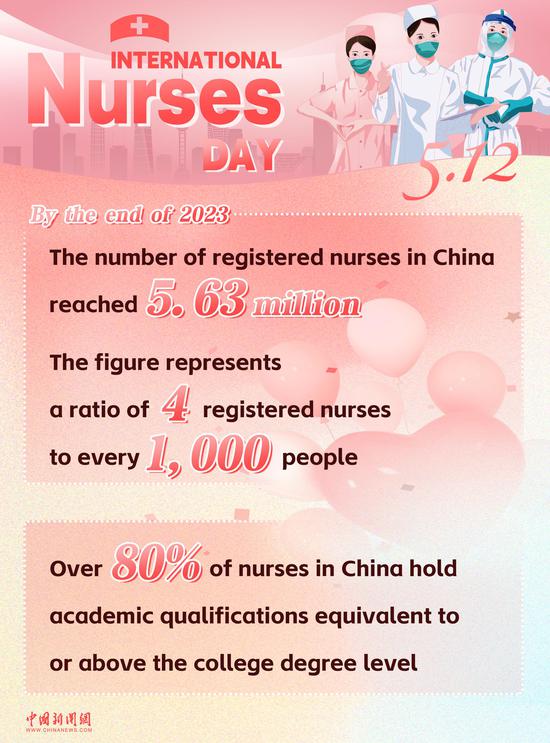
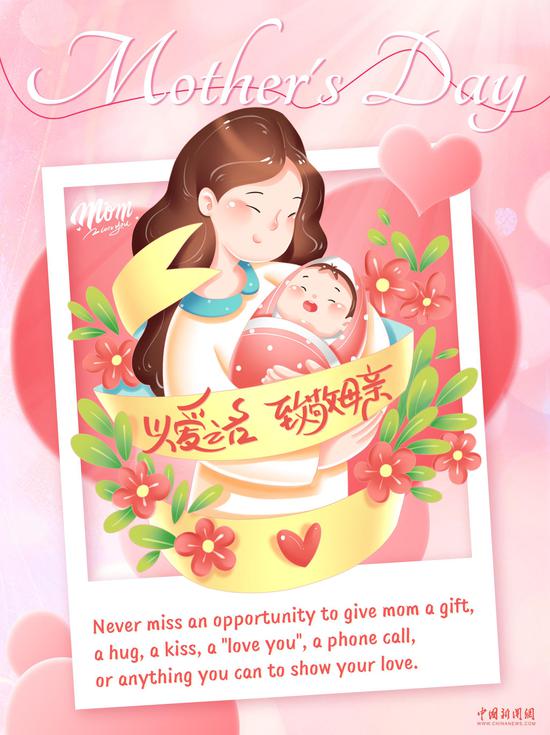
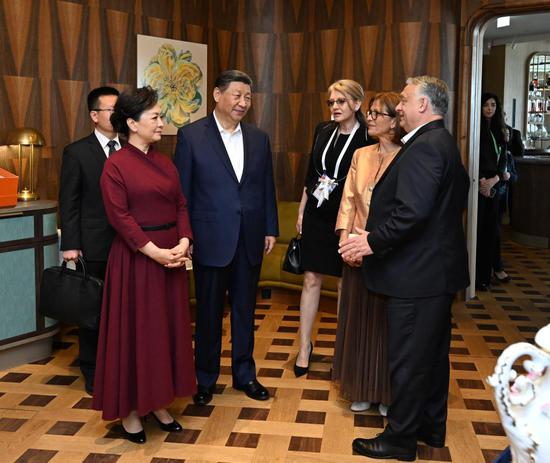
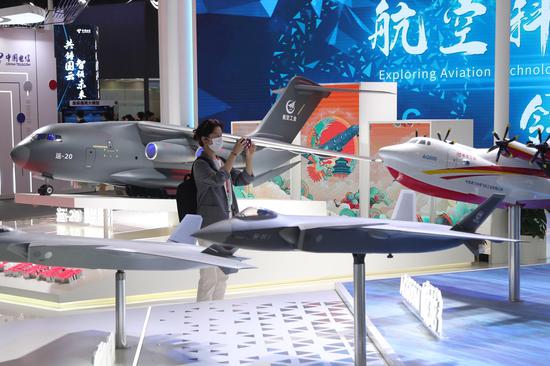


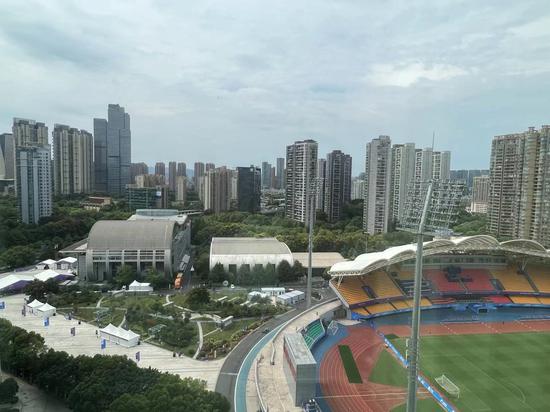
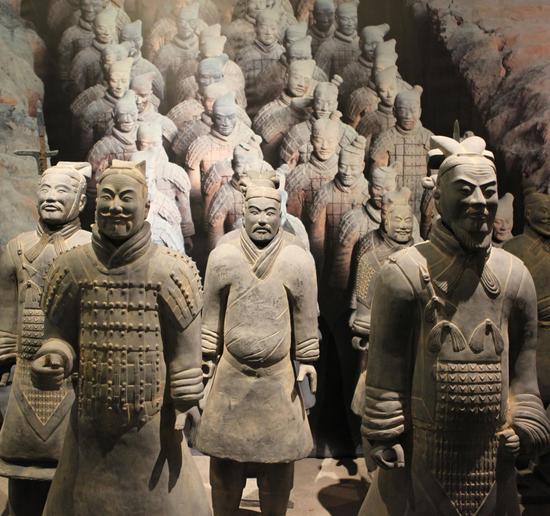
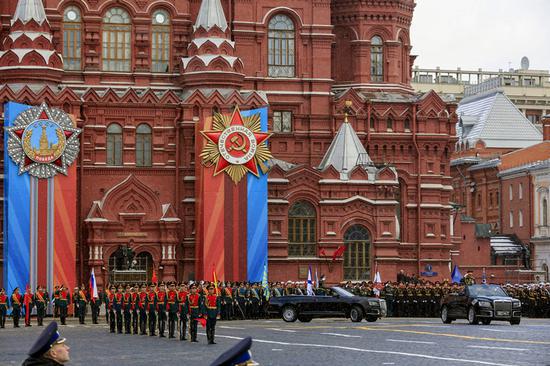

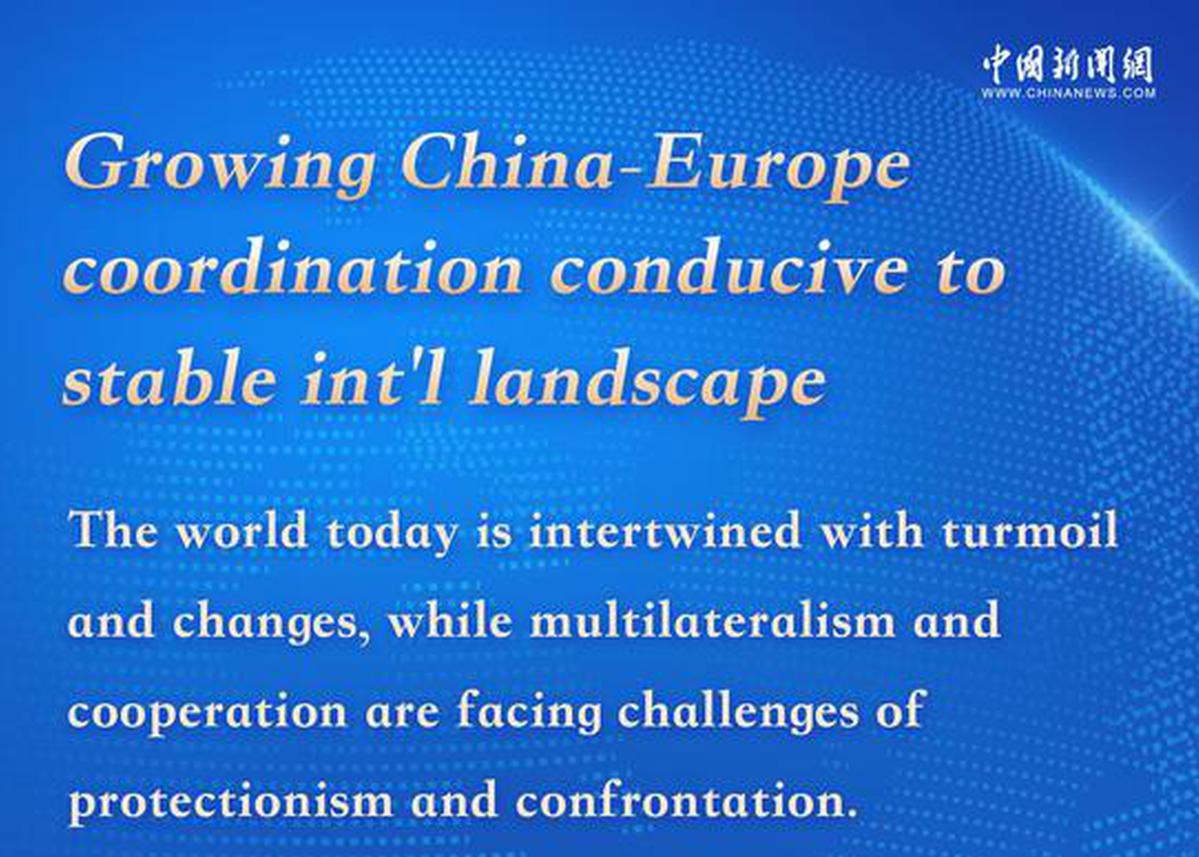
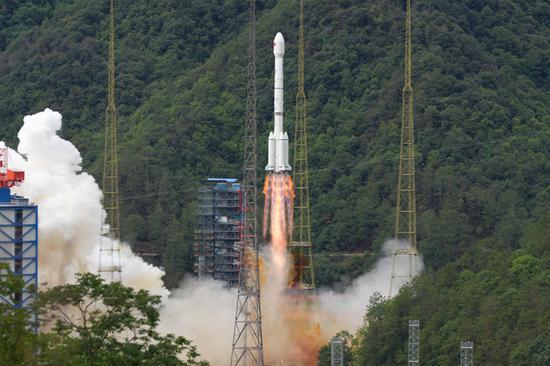

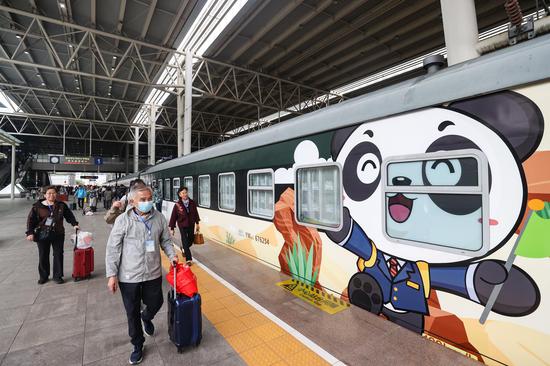
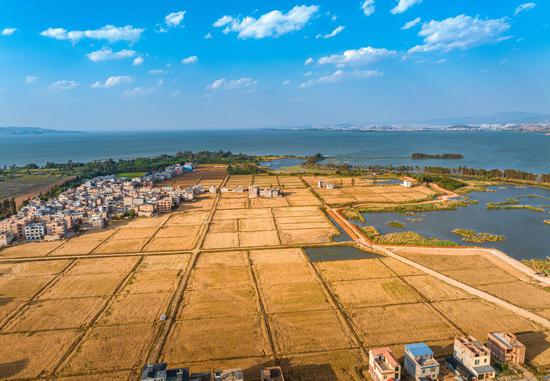
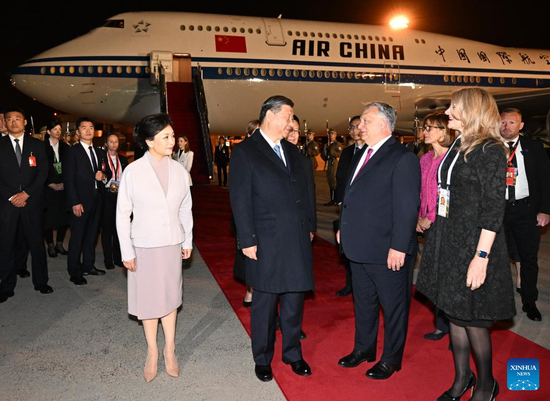
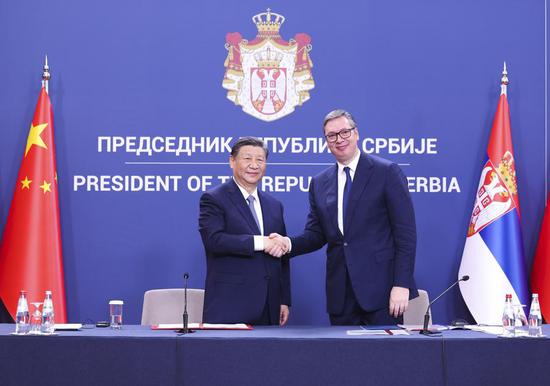
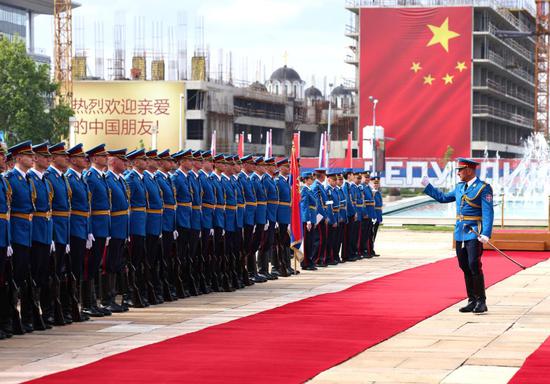
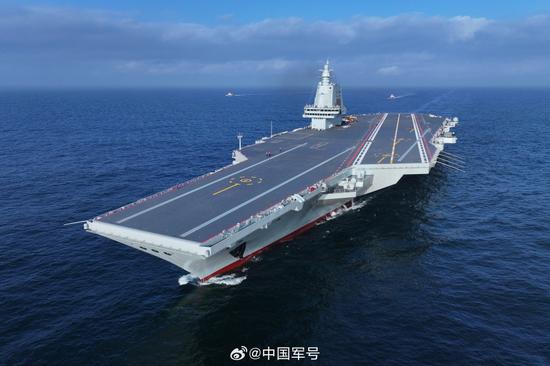
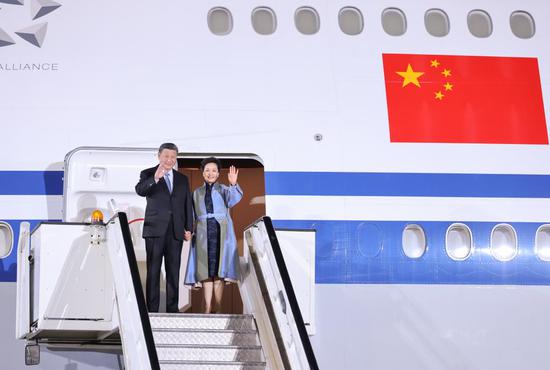
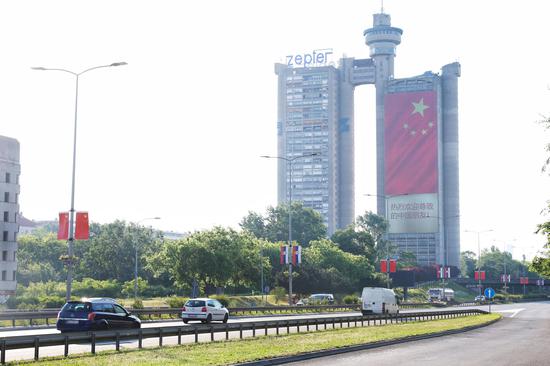

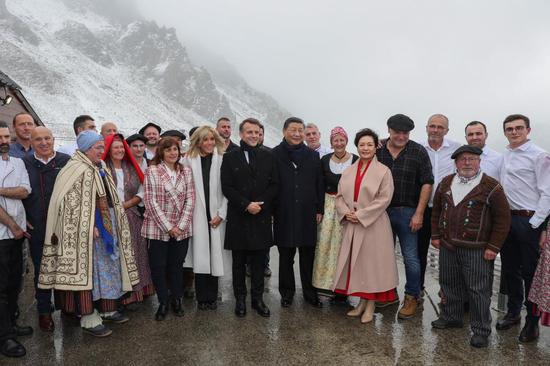
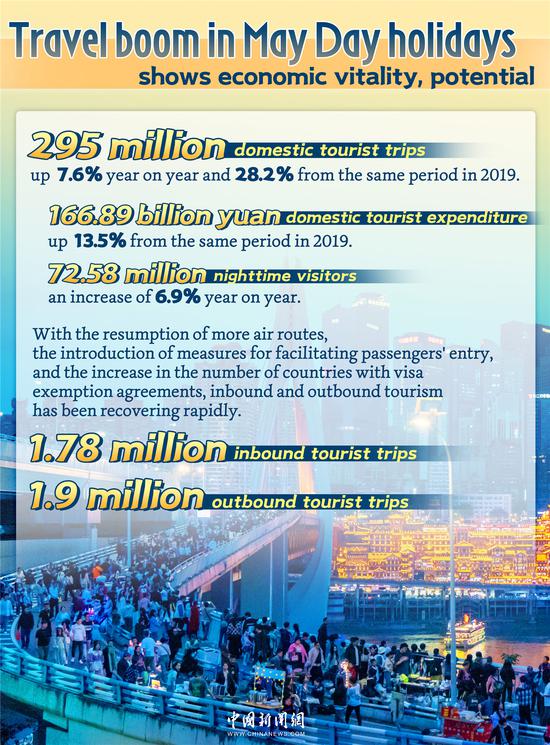
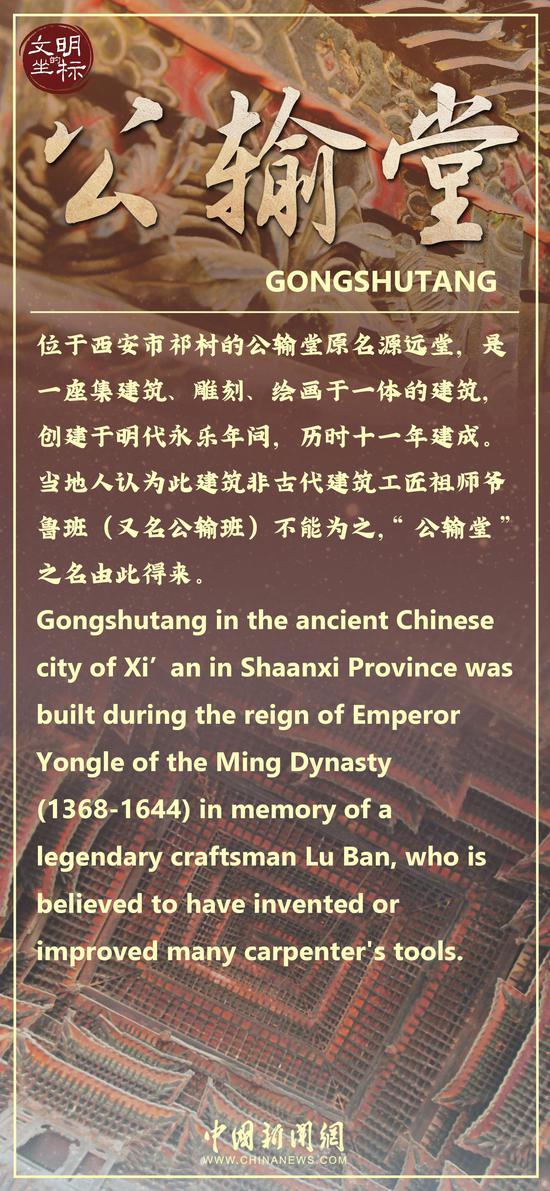
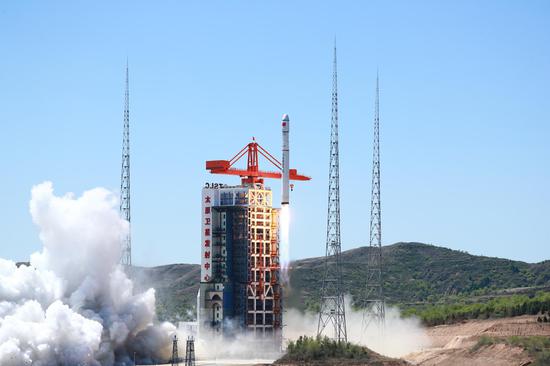
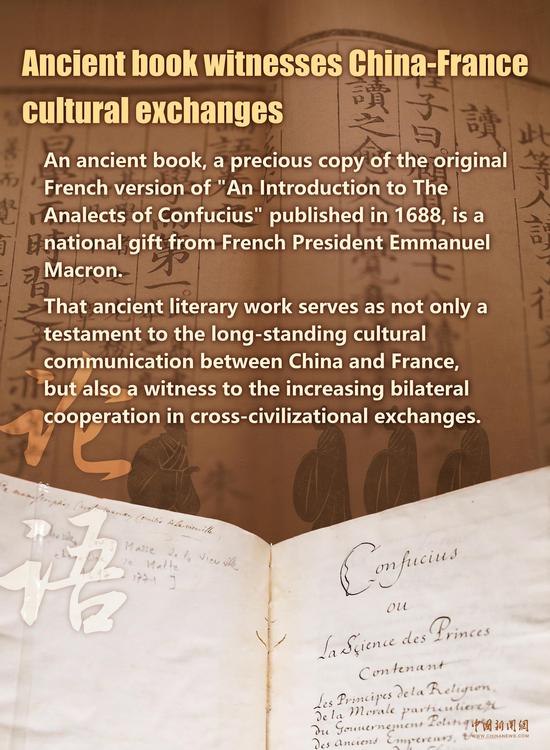
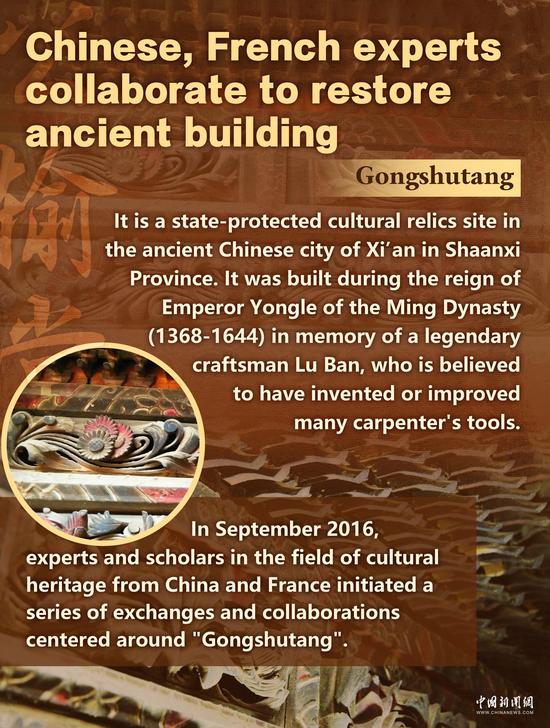
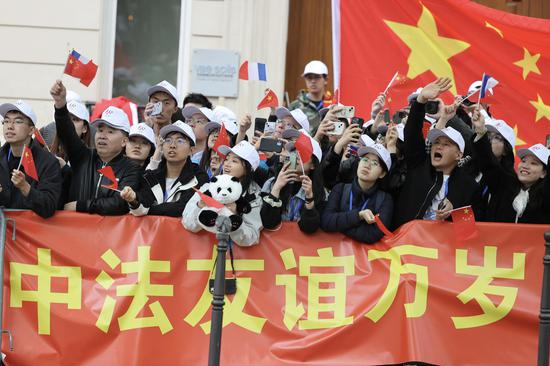
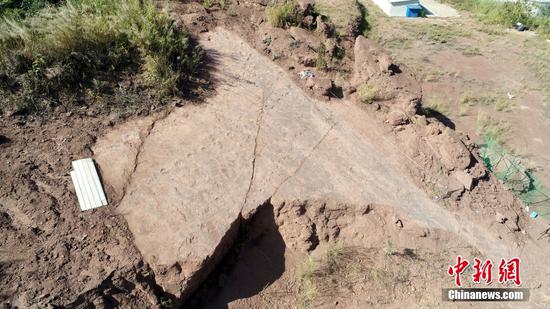

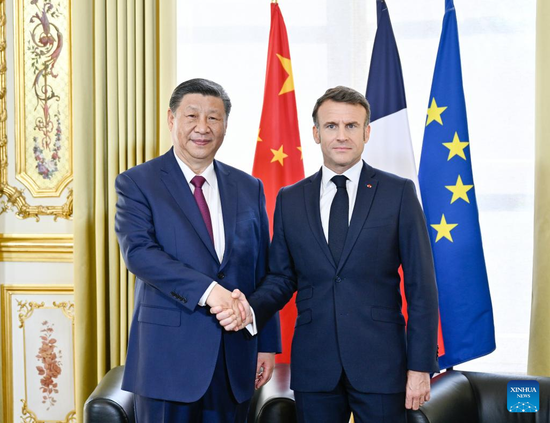
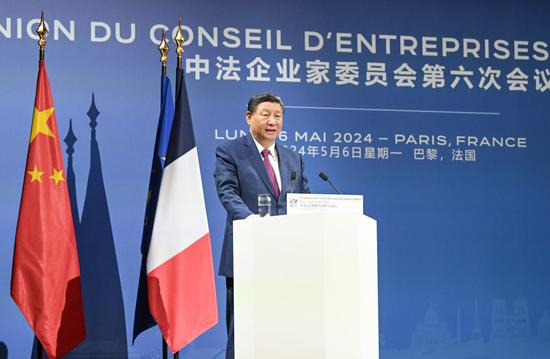
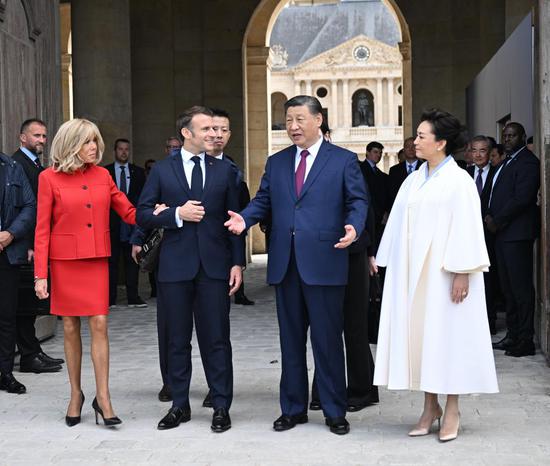
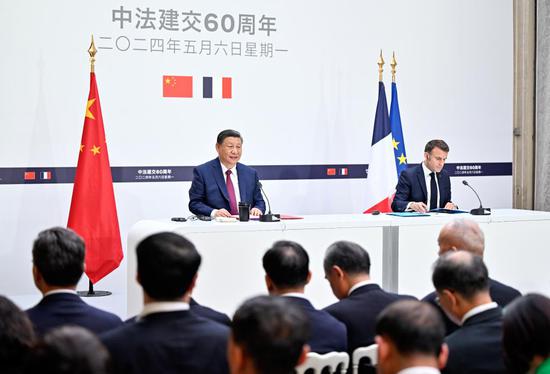
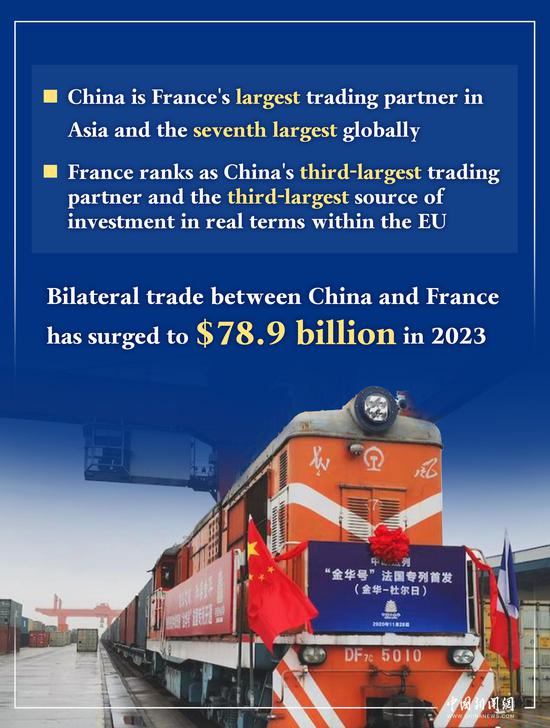





 京公网安备 11010202009201号
京公网安备 11010202009201号